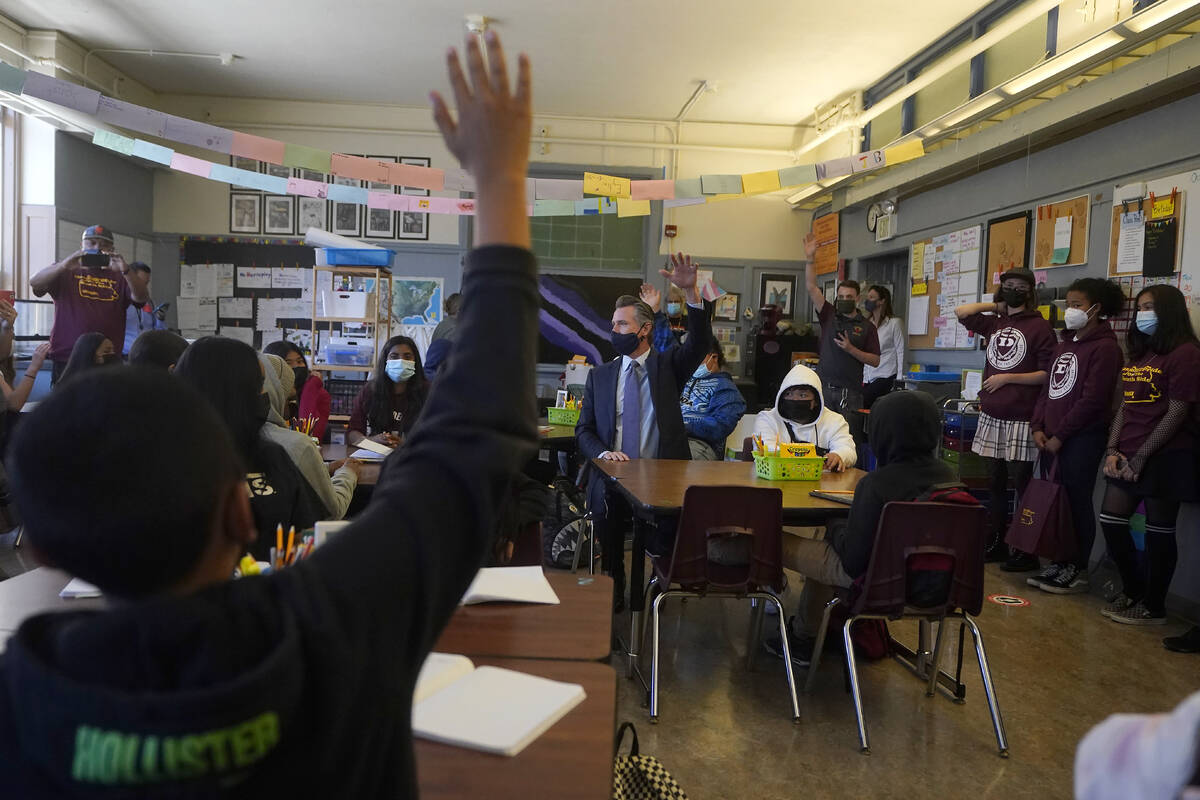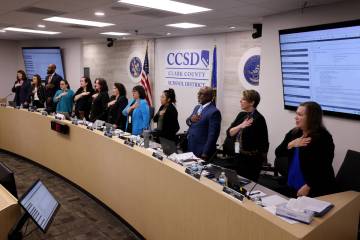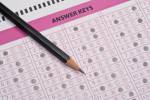EDITORIAL: SF schools embrace lower standards, increase racial achievement gap
Lowering high standards doesn’t boost student achievement. That sounds like common sense unless you’re a member of the woke education bureaucracy.
Starting in the 2014-15 school year, the San Francisco Unified School District took a new approach to upper-level math called “detracking.” Previously, middle school students took different classes based on assessments of their ability. For instance, eighth-grade students could take Algebra 1, which put them on track to take calculus in high school.
But under the new policy, all students would take the same math classes during their first two years in high school. Students don’t take Algebra 1 until their freshman year. In 11th grade, students may take different math courses. Juniors can take a combined Algebra 2 and Pre-Calculus class that allows them to take AP Calculus their senior year.
At the time, hundreds of parents objected to the change, worried their children would have fewer opportunities. District officials ignored them, focusing instead on racial disparities in higher-level math courses. Specifically, they argued too few African American and Hispanic students were taking upper-level math courses. Never mind that Asian students dominate the ranks of students taking AP courses in San Francisco.
A few years after the policy went into place, district officials took a victory lap. Data from graduates in the 2018-19 school year — the first class to be fully subjected to the new policy — showed that Algebra 1 repeat rates dropped dramatically, from 40 percent to 8 percent.
Amid all the laudatory reports, however, close observers noticed something missing — data on achievement. Tom Loveless, a former Harvard public policy professor, recently examined the issue and found a much grimmer picture.
With imposing the “detracking” scheme, the district officials also scrapped an end-of-course Algebra 1 exam. Lower standards likely explains the decrease in the number of students needing to repeat that class. The number of students taking calculus dropped, too.
The most objective measure of the program’s success or failure comes from Smarter Balance assessments, statewide tests for students in 11th grade and in grades three through eight. Comparing the 2019 tests for 11th graders, Mr. Loveless found that the racial achievement gap widened. Smarter Balance tests also allow comparison between grade levels. “Black and Hispanic 11th graders in San Francisco score about the same as or lower than the typical 5th grader who took the same math test,” Mr. Loveless noted about the 2019 results.
The solution to that very real problem isn’t lowering standards in middle and high school. It is to raise them in elementary schools because the soft bigotry of low expectations yields predictable results.




























